Editor's note: On the occasion of the 50th anniversary of national reunification, VietNamNet newspaper introduces a series of articles with the theme "April 30 - a new era". Here, experts, military experts, and historical witnesses shared memories, lessons, and experiences from the victory of the resistance war against the US to save the country. That is the strength of national unity, the lesson of mobilizing people's strength, gaining international support; diplomatic and military lessons in the resistance war for the task of protecting the Fatherland early and from afar. That is the creativity, resilience, and strength of the people's war for the cause of national liberation, a great lesson in promoting internal strength for the cause of building and protecting the Fatherland. VietNamNet invites readers to meet the “living monuments”, the rare remaining witnesses of historical moments. They are the uncles and aunts who are former commandos, former political prisoners, those who participated in student movements, urban struggles… They have devoted their youth, faith, determination and hope to the day of total victory. |
She has just returned from a series of consecutive business trips, and when we heard about it, we really admired the working capacity of an 80-year-old person.
The conversation between us these days, of course, is about the unforgettable time of the whole nation 50 years ago.
Former Vice President Truong My Hoa. Photo: Nguyen Hue
23rd person
On March 7, 1975, political prisoner Truong My Hoa was released unconditionally. She left Con Dao after 11 years of imprisonment in the “hell on earth” hundreds of kilometers from the mainland.
- I have been in prison since 1964, and the total time I spent in prison was 11 years.
“Unconditional release” is a term used for prisoners who do not accept any conditions from the enemy in exchange for their release.
Because the enemy could release us at any time, but with conditions that would lower the political prestige of the prisoners, such as saluting the three-stick flag (the flag of the puppet government), overthrowing the communists or the leaders. In the face of such temptations, we were still determined to resist saluting the flag, resist studying to denounce communism, and resist all the regulations set forth by the enemy.
Prisoners who refused to accept those conditions were considered stubborn by the enemy and were often tortured, persecuted, and imprisoned without a release date, meaning they would rot in prison.
Ms. Truong My Hoa was a Secretary of the Party Central Committee, Vice President of the country for the 2002-2007 term, Vice President of the National Assembly, and President of the Vietnam Women's Union. She is currently President of the Vu A Dinh Scholarship Fund and President of the Club for Beloved Hoang Sa and Truong Sa.
During the time we were imprisoned, if we accepted all the conditions, the enemy would release us; but when we returned under those conditions, no one would trust us anymore, because we had betrayed the revolutionary ideals, betrayed the Party and the People.
The Paris Agreement was signed in January 1973, in Article 14C on political prisoners and prisoners of war, the enemy only agreed to detain 5,081 people. Meanwhile, the whole South had nearly 200,000 political prisoners.
Because this was a ceasefire agreement for the entire South, despite fierce debate, in the end, our side reserved, temporarily put that issue on hold and found another solution.
I was not released and continued to be imprisoned in Con Dao. After the enemy detained most of the political prisoners, they began to plan a new plot. They forced the prisoners to have their fingerprints taken and their photos taken to create another profile. With the new profile, there would be no more political prisoners, but all would be imprisoned with new charges: “criminal associates”, meaning prisoners of parties that stole, robbed, murdered…
They do this so that later, if a government is formed, the parties or their side demands people, they will use new records to deal with it, because the number of political prisoners still being detained is very large.
So, after the Paris Agreement was signed, we continued to fight in prison - a life-or-death struggle to deal with the enemy's treachery.
We discussed that if they carried out these plots, we would no longer be political prisoners. Therefore, even if we had to die, we had to fight and at all costs, we had to break the enemy's plot. Therefore, the gunfire stopped, but in prison, blood was still shed.
At that time, we discussed the plan to prepare for the new fight. We agreed that if the enemy tried to lure us to take pictures, we would have to fight back by closing our eyes and opening our mouths so that we could not take pictures.
Second, if we refused to take pictures, we had to be careful that if we fainted, the enemy would drag us out and roll our hands into the file, then we could build a file. That is why, every day, we soaked our hands in a small basin of water, then rubbed our fingers on the cement floor of the prison until our fingerprints were worn away, and even our fingers bled.
We never know when we will be taken to have our fingerprints scanned, so we sharpen our fingers every day to cope.
"Every day, we soak our hands in a small basin of water, then grind our fingers on the prison's cement floor until our fingerprints wear away, and our fingers even bleed." Photo: Nguyen Hue
Then what had to happen happened, the enemy asked us to go fingerprint and take pictures. We did not agree and said that we had already had the records for a long time, no more fingerprinting and taking pictures. Because we had prepared in advance, we tied the door with zinc and from the inside threw soap and urine outside to protest. After several hours of fighting, to achieve their goal, the enemy finally threw tear gas into the cell to make us unconscious, then broke the door and dragged us away to carry out their despicable plot.
We closed our eyes and opened our mouths so the enemy could not take pictures. We had worn down our fingerprints so the enemy could not take them. The enemy was angry and beat us severely, leaving our bodies as black as a bo quan fruit, in so much pain that we could not get up. We prisoners had to use salt mixed with urine to rub on our wounds to help dissolve the bruises.
After a while of that struggle, the enemy brought us back to the mainland and imprisoned us in Tan Hiep prison (Bien Hoa).
The Paris Agreement came into effect, the movement to release political prisoners by peace-loving people around the world was widespread, coordinating with the movement in the country and in prisons. In the face of such fierce fighting, to appease the movement, the enemy was forced to release a few political prisoners without conditions, including me.
Before me, there were 22 women in Tan Hiep prison who were released unconditionally, without having to sign any papers. I was the 23rd.
The man's water bottle at Bay Hien intersection
As soon as she was released, she quickly joined the general offensive in 1975. Could you tell us about the memory you remember most during those heroic days of the nation?
- When I was released from prison, the revolutionary base that had contacted me in advance took me outside the liberated zone in Cu Chi, then took me to agency L71, village 18, Dau Tieng, to wait for review according to regulations.
The Ho Chi Minh Campaign broke out, the City Youth Union was ordered to take to the streets. I was also ordered to go to the City Youth Union office to take to the streets with them.
Normally, if I returned from prison and had not done my self-criticism, I would not be assigned any work, but my superiors still let me go to the streets and assigned me to take on the role of deputy captain of team number 3 of the political force of the City Youth Union, to go to the streets in the direction of attacking and capturing targets in Gia Dinh.
I was very happy to participate in the Ho Chi Minh campaign, it was something I never thought of. But the fact that I had not been reviewed made me worried, so I still requested to do a review before taking to the streets. I said: “In this fight, I don’t know if I will have the opportunity to do a review or will sacrifice myself. Therefore, I hope the Party will evaluate and clearly determine the right and wrong during the 11 years in prison so that I can rest assured.”
With that earnest request, the City Party Committee finally directed the agency to review me. In that review, I was assessed as having no shortcomings, many advantages, and was affirmed to have maintained the integrity and prestige of the revolution, and fulfilled my duties as a Party member well.
Finally, I was very relieved and excited to carry my backpack and go down the road with my teammates. My team had about 15 people, working day and night, scouting the situation as we went. Around April 10, 1975, we moved from Ben Cat (Binh Duong) to Cu Chi and then to Hoc Mon. Because Rach Chiec bridge in Hoc Mon collapsed, we had to change our route to Cu Chi to Highway 1.
"To protect our ideals and integrity, we accept sacrifices." Photo: Nguyen Hue
On April 30, when Duong Van Minh announced his surrender, we were right next to Saigon. On the way, we heard the news on the radio. Everyone was extremely excited. We continued walking, while also asking for rides from passing vehicles. The people were very enthusiastic and willing to help, taking us into the city.
When we arrived at Bay Hien intersection, the flow of people was so dense that it caused a traffic jam, forcing us to stop for quite a while. But even though we were stopped, we were still happy because all around us, people were cheering, excited, and happy because the country was liberated.
While we were waiting, an elderly man who lived near the Bay Hien intersection brought us a large jug of water and offered us a drink. What I will always remember is that when he saw that we did not accept it immediately - actually out of surprise rather than suspicion - he took the initiative to drink a cup first to prove that the water was not poisonous.
Later, when I returned to work in Tan Binh district, I found him again. He shared that at that time, he was afraid that the soldiers were still hesitant, so he acted like that, to make us believe that the water was clean, and that it was the sincere heart of the people.
“Above our heads is the Party, Uncle Ho, and the people.”
Let me go back to your 11 years in prison. At that time, you were only 19 years old. So what was the strength that helped you overcome the challenges, difficulties and beatings of the enemy?
- In prison, we had to face many plots and cunning tricks of the enemy.
A prisoner who is captured there must go through several stages. First, he is beaten to get information about his revolutionary organization and personality. Next, after the enemy completes the file and sentences him to prison, they continue to force the prisoner to salute the flag and follow their rules.
During their time in prison, prisoners must continue to fight for democracy and better prison life. Thus, prisoners must go through another stage - the stage of fighting to maintain their integrity.
It can be said that life in prison is very harsh, nothing can fully describe the plots, tricks, and cruelty of the enemy. So, what helps prisoners overcome those things or how to protect the revolutionary base?
"We have absolute faith in the revolution because of its justice, because of the leadership of the Party, of Uncle Ho and the trust of the people." Photo: Nguyen Hue
First of all, in my opinion, as political prisoners, everyone has revolutionary awareness, revolutionary education and certain ideals. To protect our ideals and integrity, we accept sacrifice. And once we have affirmed our acceptance of sacrifice, we boldly face and fight the enemy.
If in real life we fight the enemy, then in prison we still fight the enemy - it is a direct confrontation every day, every hour.
In the past, we said that those who fought in Saigon were fighting in the heart of the enemy, and if we were captured and imprisoned, we called it fighting in the heart of the enemy.
Fighting in the heart of the enemy is very fierce and arduous. We are locked within four walls, without a single piece of iron while the enemy has enough power, weapons, ammunition, and a thousand tricks. For prisoners to be able to fight back, the sharpest weapon is the ideal, the spirit of patriotism and absolute faith in the revolution.
Above us there is the Party, Uncle Ho, and the people, but in front of us there is only the enemy. Everyone must keep this in mind to fight against the enemy, strive to overcome difficulties and hardships to protect our integrity, and never submit even if we die.
"After peace, I often return to Con Dao to visit my old comrades." Photo: Nguyen Hue
Having thought this through, we were no longer afraid of anything. Being in prison meant that we were certain that the revolution would win. We had absolute faith in the revolution because of its justice, because of the leadership of the Party, of Uncle Ho, and the trust of the people. To me, justice always wins. That is the great lesson our ancestors left us from ancient times in the process of building and defending the country, and it has become the truth in the struggle between us and the enemy.
I always remember the poem "A century, a few verses" by poet Truy Phong that I knew before the revolution:
“Vietnam, my country
Old as young
Girls like boys
If you die, then die.
No bowing down!
Greedy who wants to invade
Then the enemy comes here and dies here!”
Believe that but also be mentally prepared that the day of victory may not be with you, meaning you may sacrifice on the road to victory.
It was these things that helped me overcome the challenges, the torture, the enemy's plots and cunning tricks, to firmly stand as a revolutionary in prison, where nothing could shake me.
Former Vice President Truong My Hoa during her visit to Con Dao in July 2024. Photo: TL
Thinking back to the days of resistance, what is the first thing you think of and who is the first comrade you think of?
- I think of my fellow prisoners, who fought with me and bravely sacrificed.
In particular, I remember blind mother Sau - one of the people in the tiger cage with me.
During her days in prison, blind mother Sau always talked about the days of peace. Even though her life was in the hands of the enemy and she was blind and could not see, she always had a dream. She once told me that when peace came, she would return to her hometown Quang Nam to visit her relatives. She also hoped to visit Hanoi one day to pay respects to Uncle Ho...
Former Vice President Truong My Hoa and her comrades during a visit to former Con Dao prisoners living in Con Dao district in 2022. Photo: Thanh Vu/ VNA
I also think about my comrades of the same age, who were in the tiger cages at Con Dao prison and sacrificed their lives before the day of peace due to the torture and mistreatment of the enemy.
At that time, my peers had many dreams. They dreamed of the day of peace when they could continue to go to school, of love between couples, of a happy family with husband and children, of what to name their sons and daughters... But in the end, they remained forever in Con Dao when the struggle had not yet ended. When we received the news of victory, my teammates and I were very happy but there were still sadness and irreparable losses.
She had unforgettable days in this "hell on earth". Photo: TL
After peace, I often returned to Con Dao to visit my old comrades. I told them that peace had been restored and the country was filled with joy of reunification. Their sacrifices had finally been duly rewarded, contributing to the development of the country.
We once witnessed Ms. Truong My Hoa crying when listening to the song Tu Van by musician Truong Quoc Khanh. At this meeting, when we had the opportunity, we asked her why she was so emotional. She said: “That is not the only song that has ever made me cry. I am often moved when listening to revolutionary songs. As for the song Tu Van, I find this song very good, containing a call for solidarity and sacrifice to become a typical, mature and righteous person. Be a cloud, be a bird, be very positive and good things for society, for the sky, for our Vietnamese nature.” |


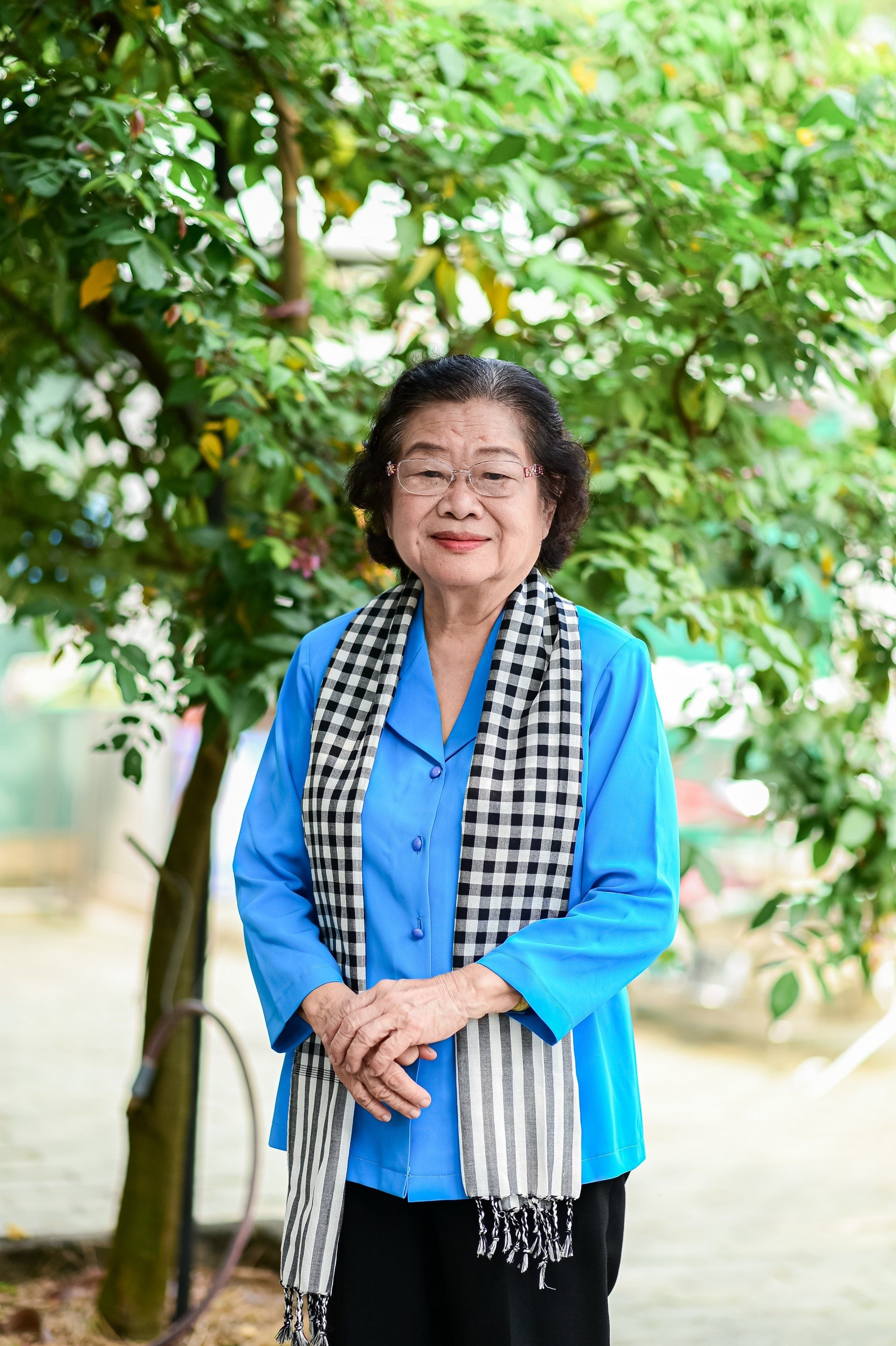
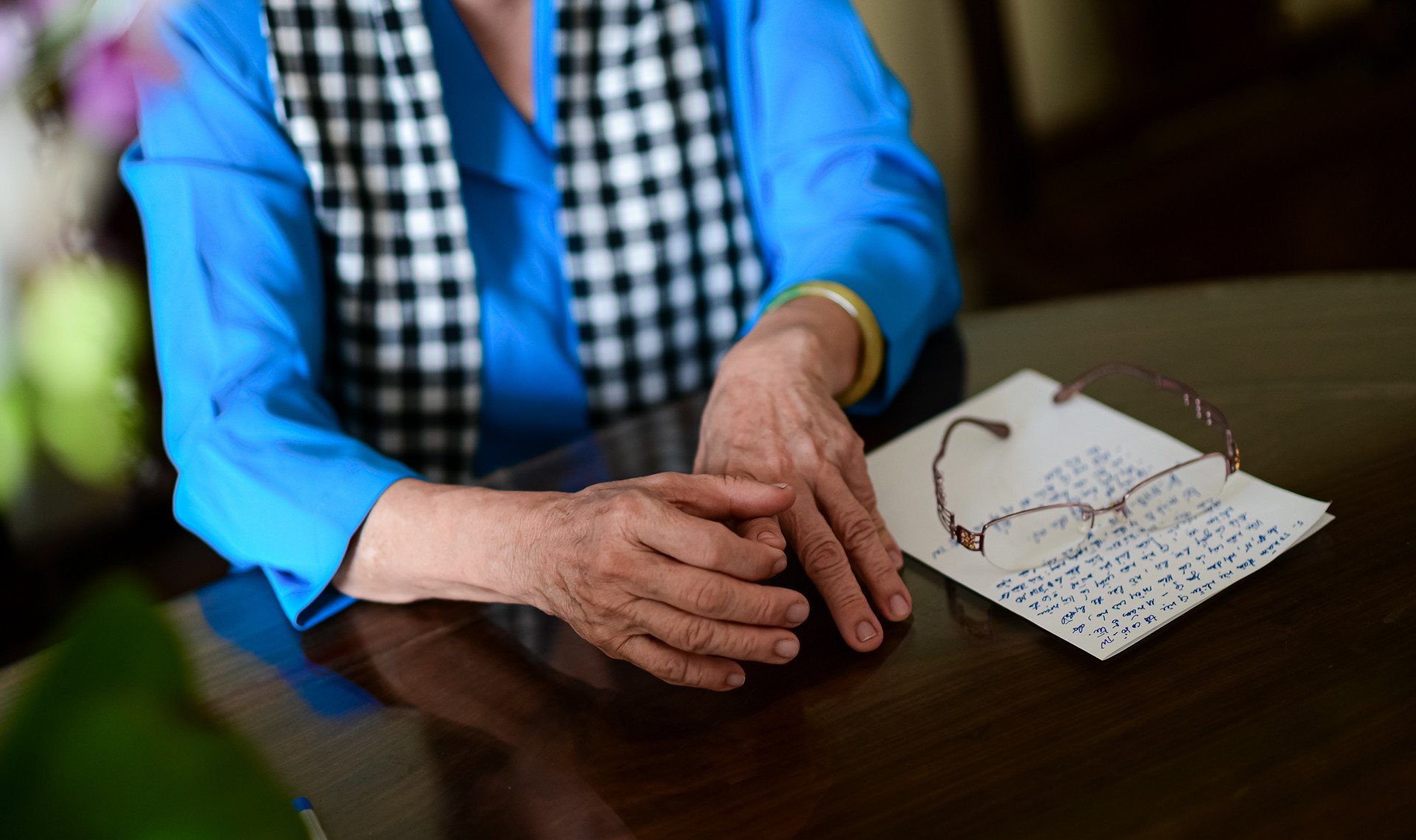
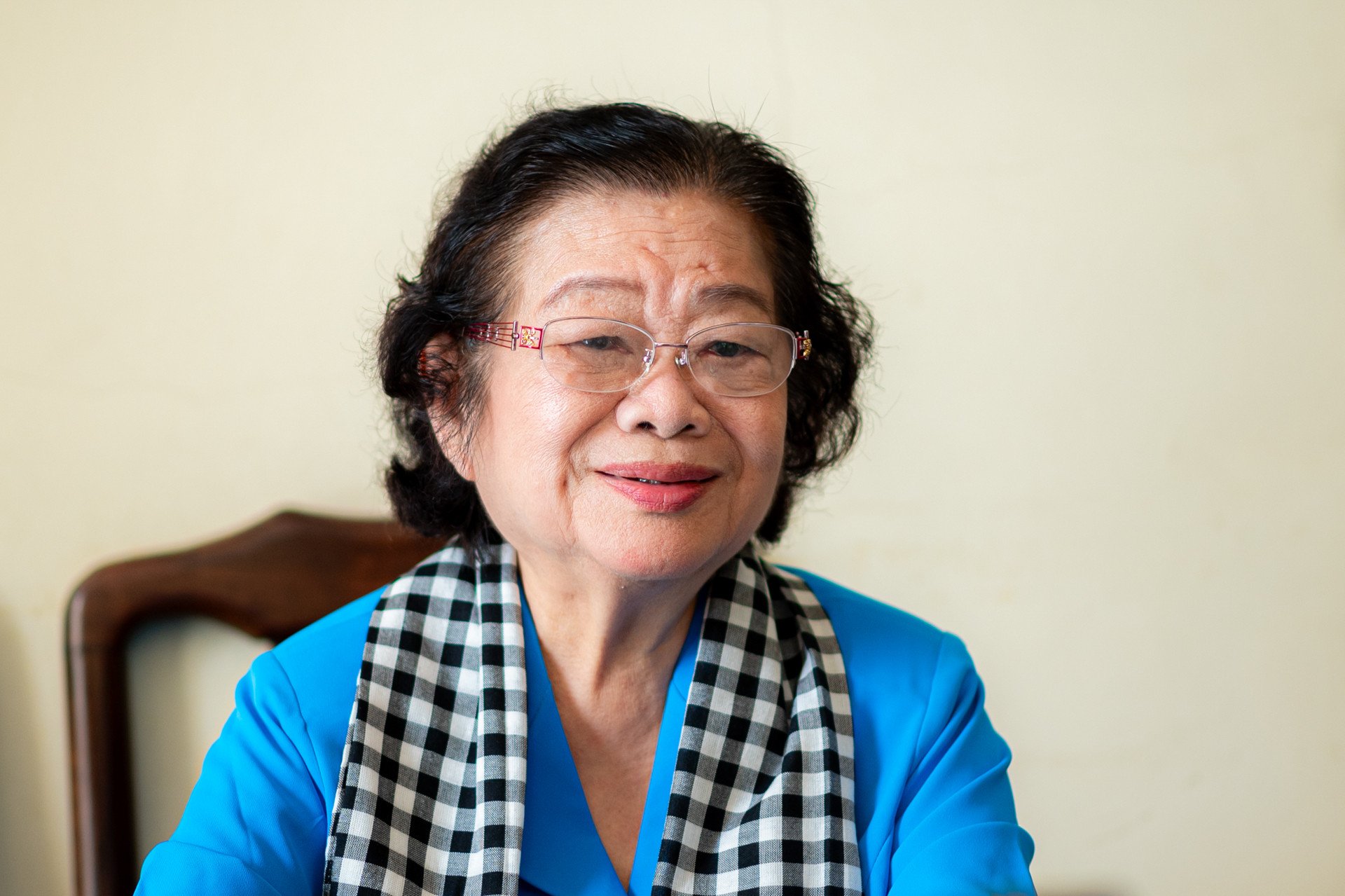
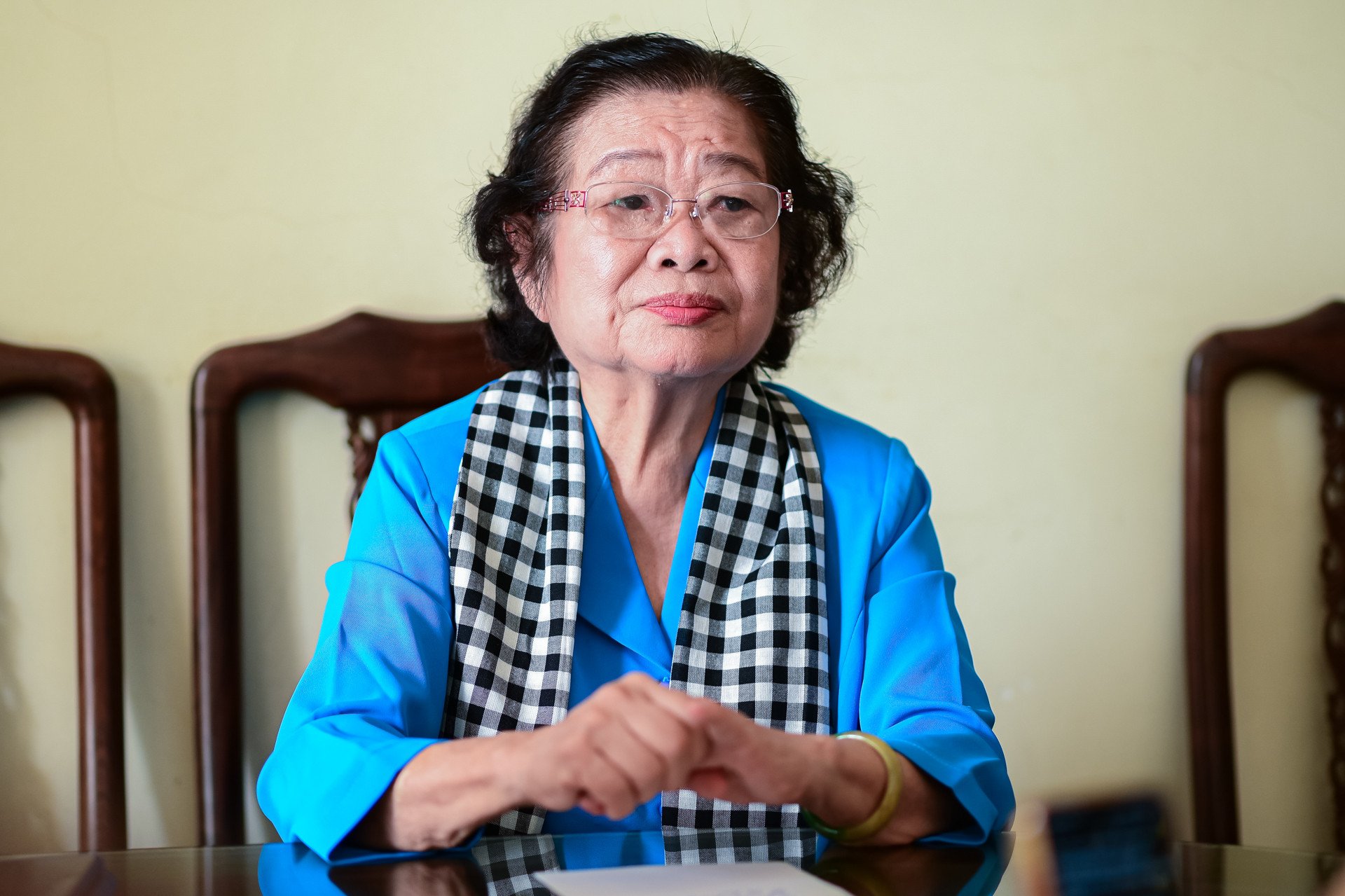
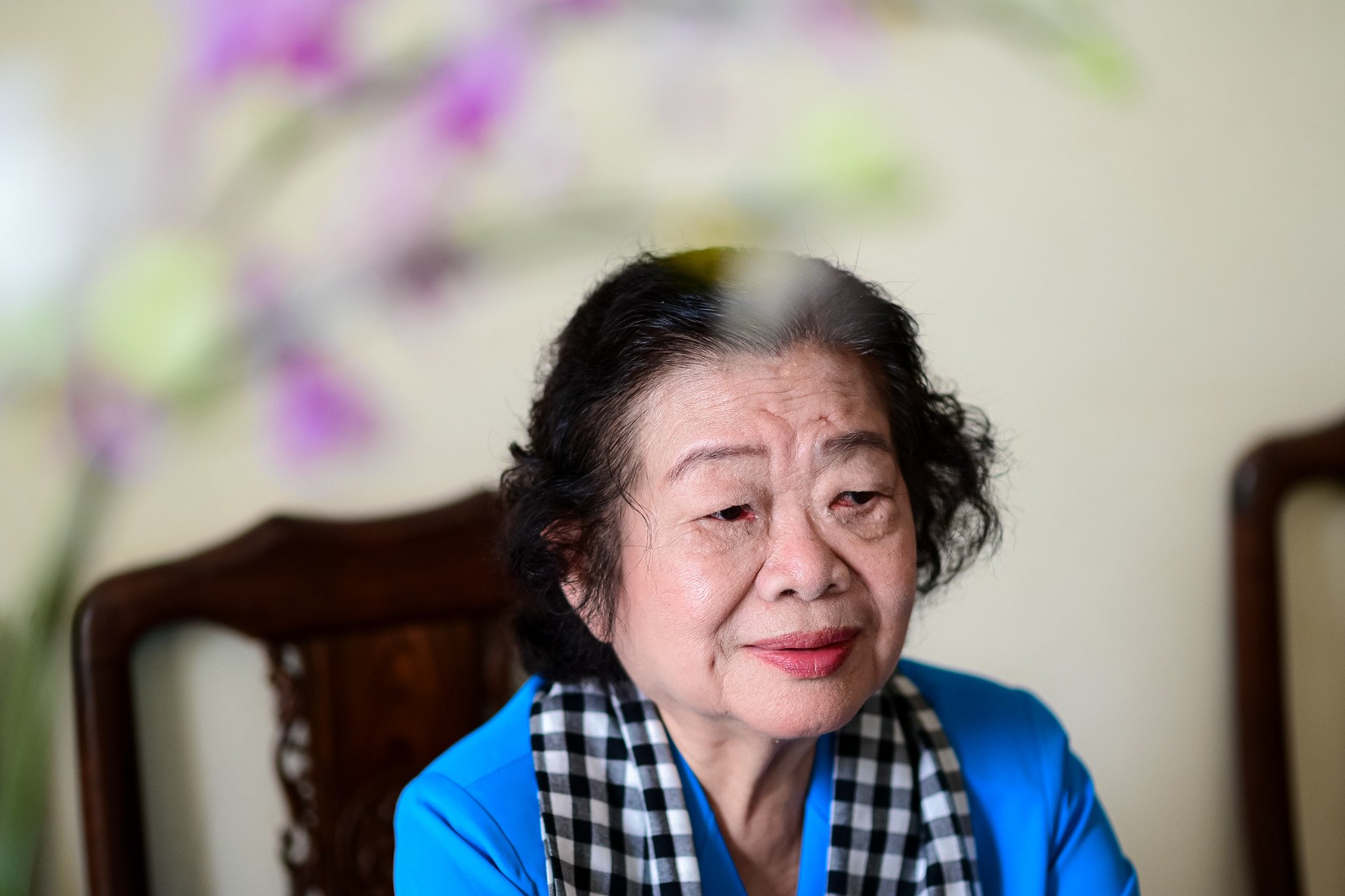
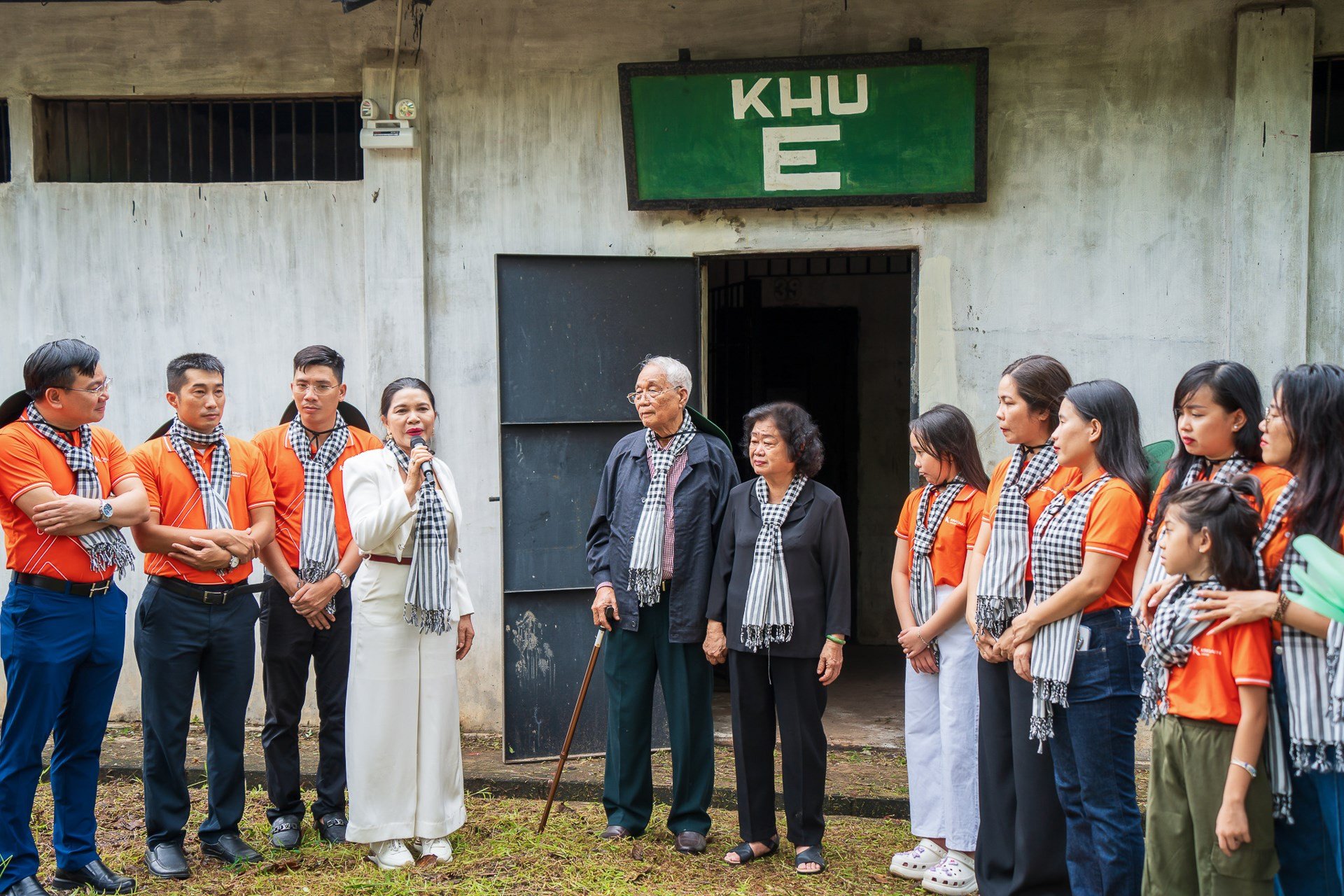
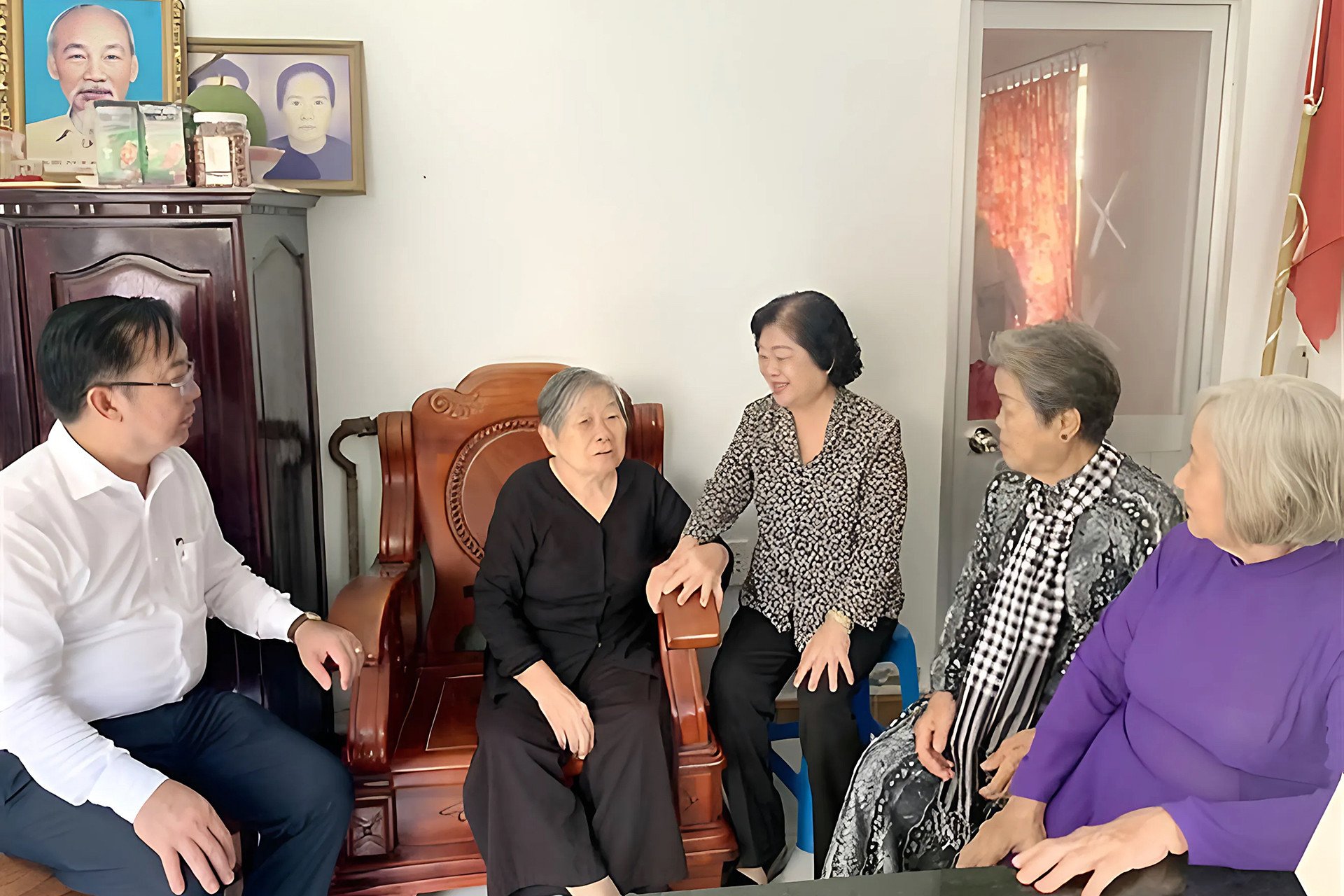
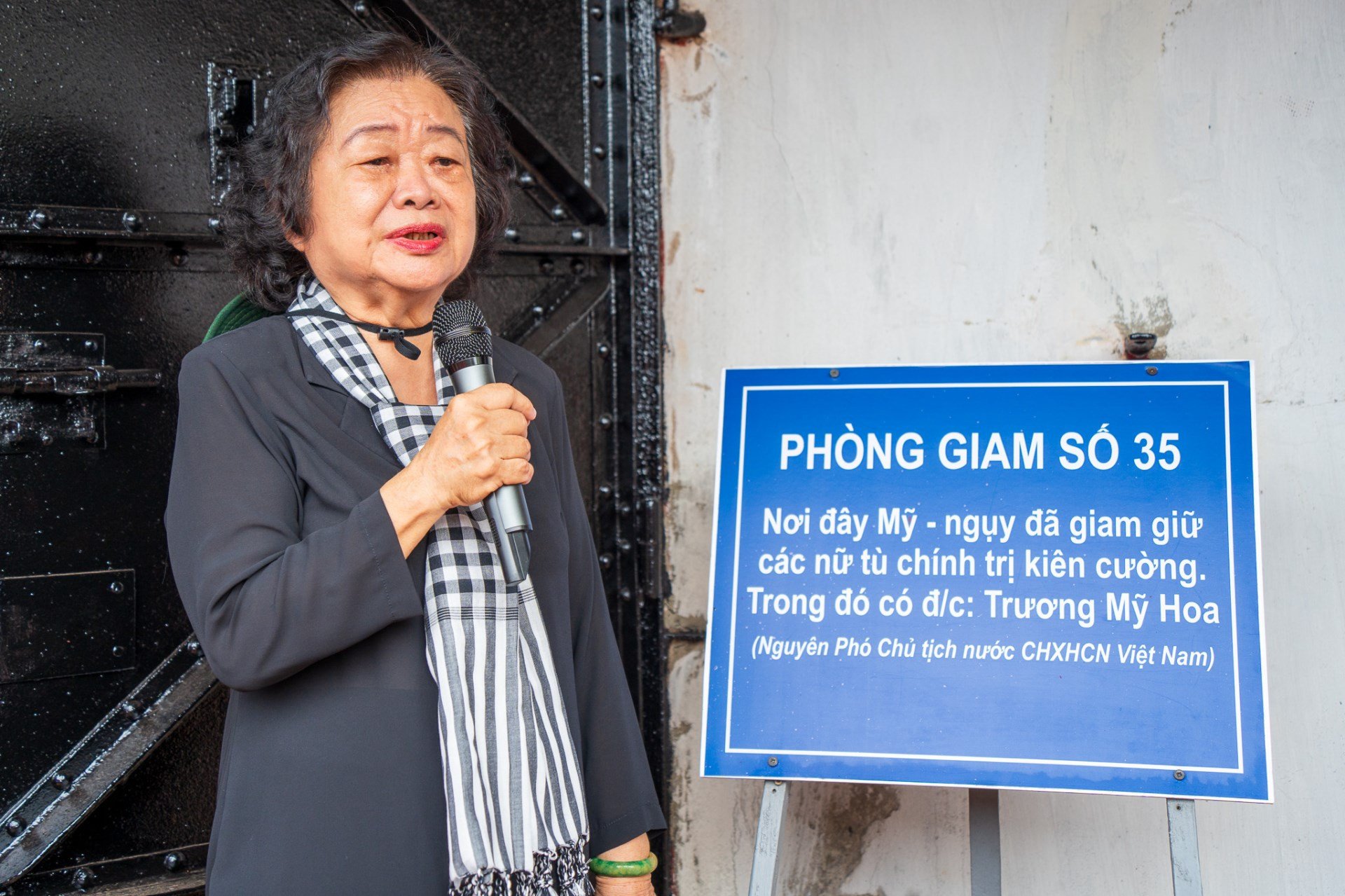



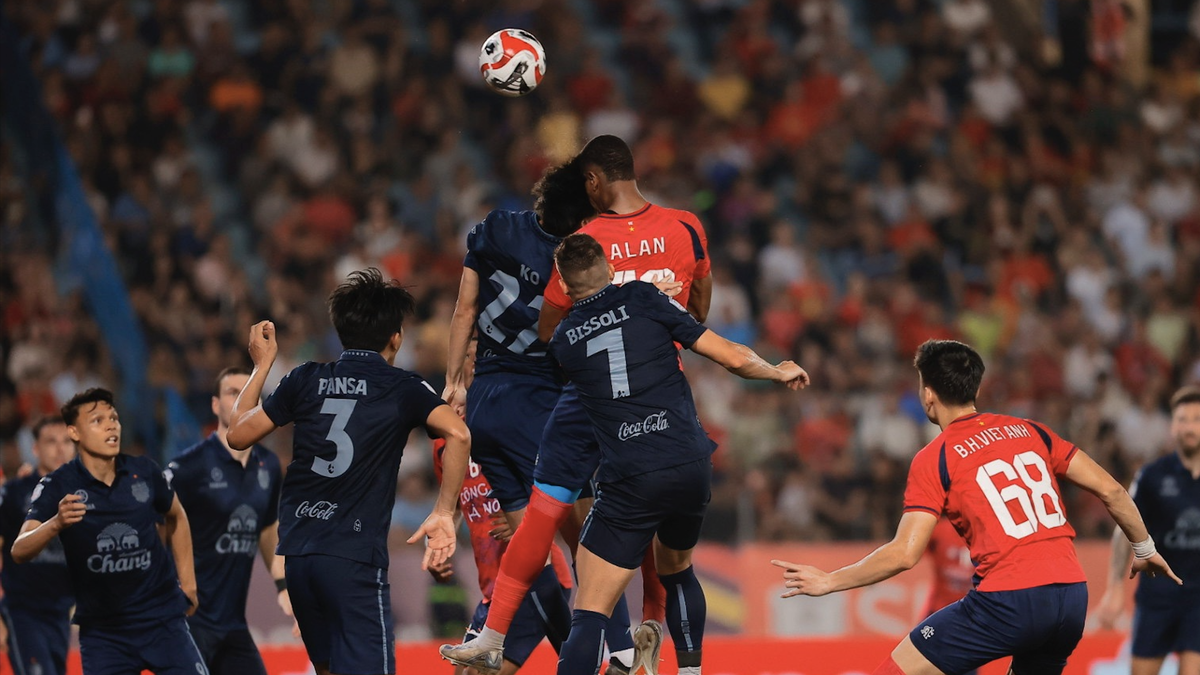
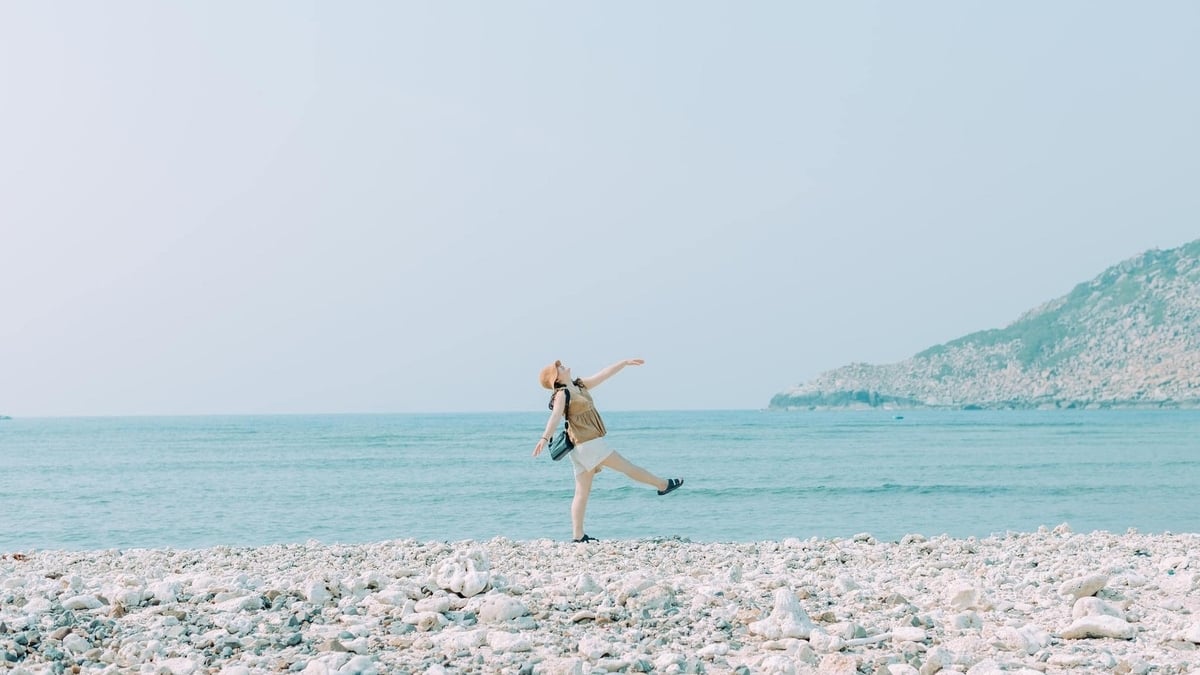

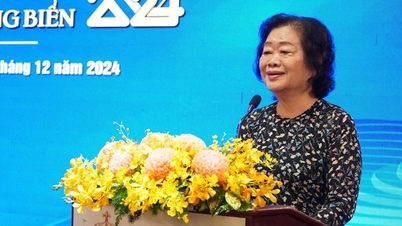

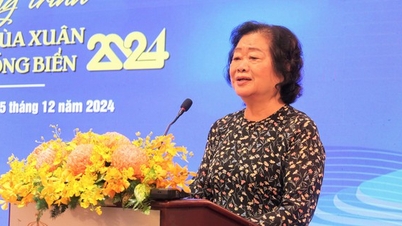

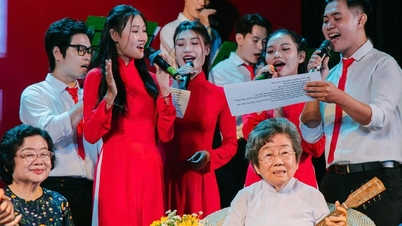






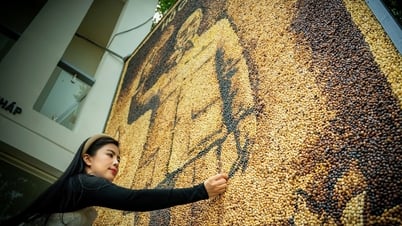

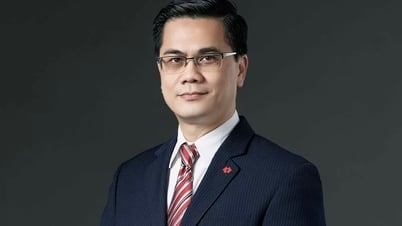














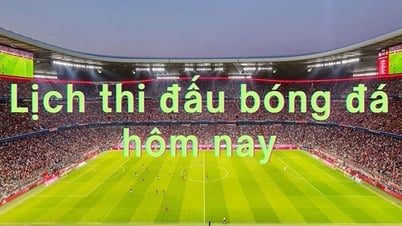
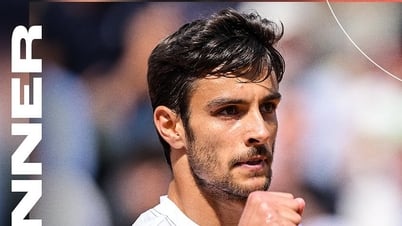
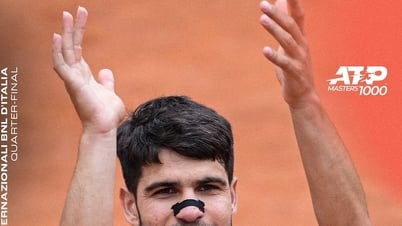
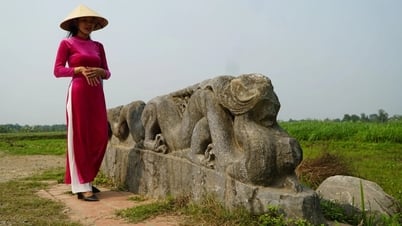
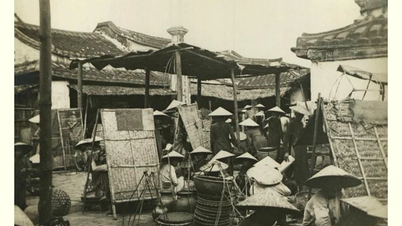


















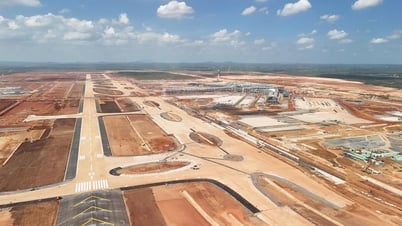
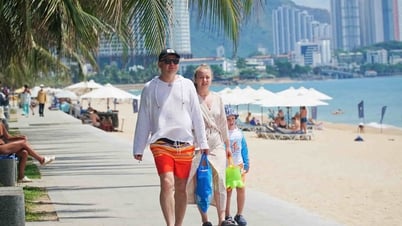

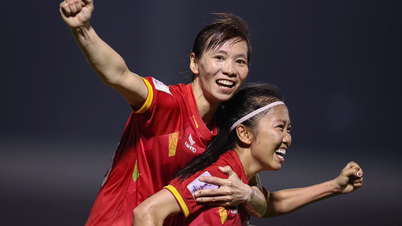
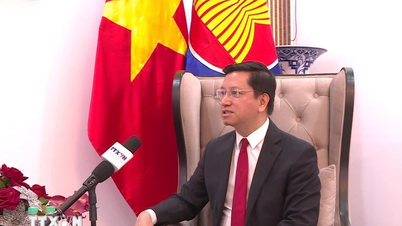

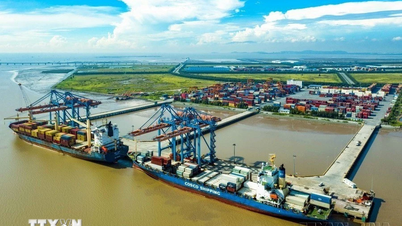
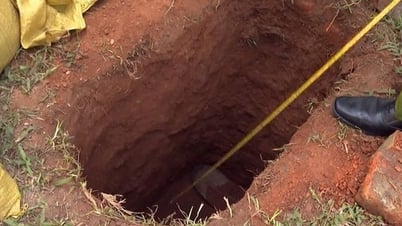


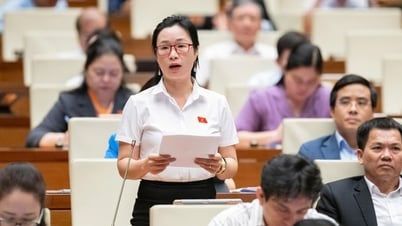
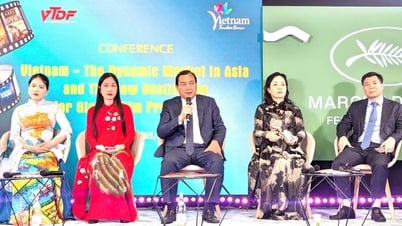




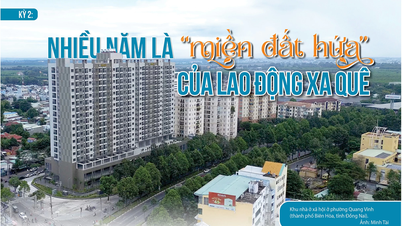



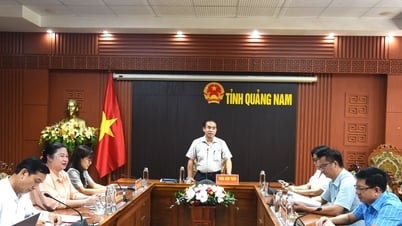
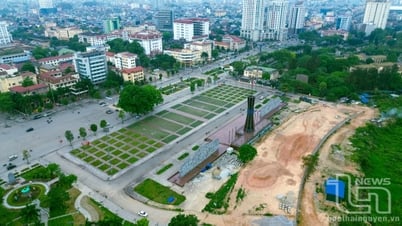



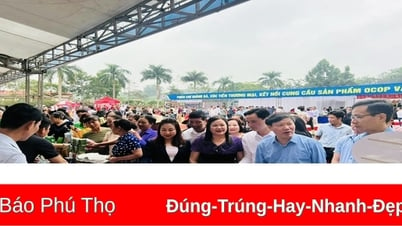










Comment (0)